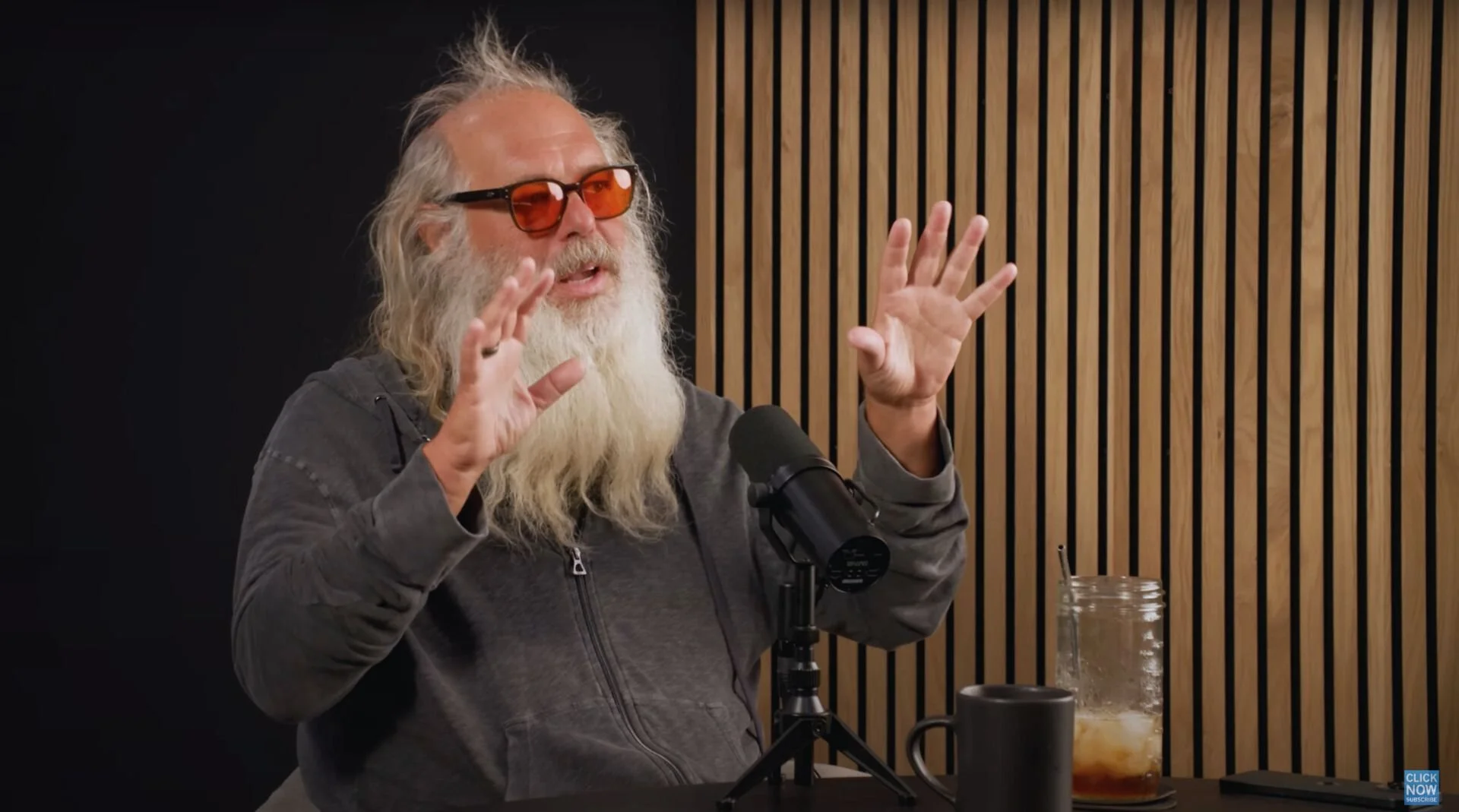The Question That Almost Kept Me From Starting This Website
By Ethan Maurice | October 4, 2015
Before I launched this website, one question plagued me: Is motivation from dissatisfaction better than complacency?
Let me break it down:
Someone is working a decent job. Their pay is above average. Their friends and family are happy for them. They feel they're on the right track. They don't necessarily enjoy the work, but hey, it's survivable.
Then they read an article on this website. They encounter the concept that some people's motivation for work is not money or social reasons, but genuine interest or love for what they do. They begin to wonder, “Am I really interested in this? Is this the work I want to spend my life doing?”
The next day at work, the hours tick by a bit slower than usual. Their decent job starts to feel a bit less decent. They slowly realize that this isn't their calling and there's probably something better out there for them. But to admit they are dissatisfied or look elsewhere with a such a well paying, solid career ahead of them ... everyone would think they were crazy! Their friends and family would worry and wonder why they'd be unhappy with such a great opportunity.
Time goes by and dissatisfaction grows. Before, they got through their job each day, but now they have this underlying feeling that they're wasting their ultimately, limited time. They're dissatisfied because they feel they settled too early, before they found what they were looking for or actually passionate about.
This was my dilemma.
Is it good to spread ideas that could bring people to this point of dissatisfaction? Of course the answer is yes, if they go on to find something they are passionate about. But, what if they don't make a change and all this idea accomplished was creating dissatisfaction in their lives?
Before launching The Living Theory, I thought about this for a long time. Is it good to share ideas that make people want more? More isn't necessarily a positive goal in many facets of life.
One day, I realized that the dissatisfaction a reader might feel wasn't for “more” though – it was for better. For higher quality life, not quantity. And quality is a worthwhile strife.
So, I came to the conclusion that inspiring the pursuit for higher quality life was a worthwhile cause, even through dissatisfaction. Sometimes we need pain (such as dissatisfaction) to make a change. In fact, that's the very purpose of pain itself – if you stick your hand on a hot stove burner, pain is there to set you straight.
We have limited time in these bodies and to waste a large portion of it doing something we don't enjoy is stupid. Let us all have the courage to not wallow in dissatisfaction. If you know something isn't right, change it.


